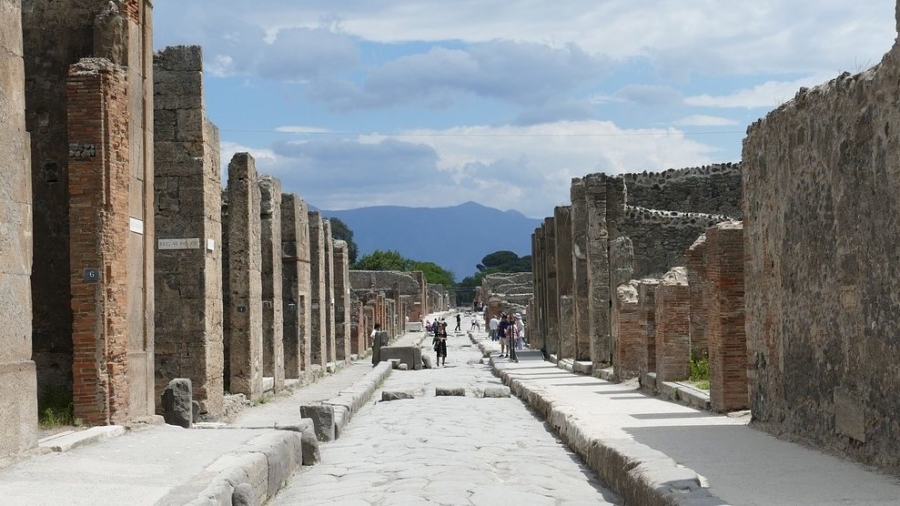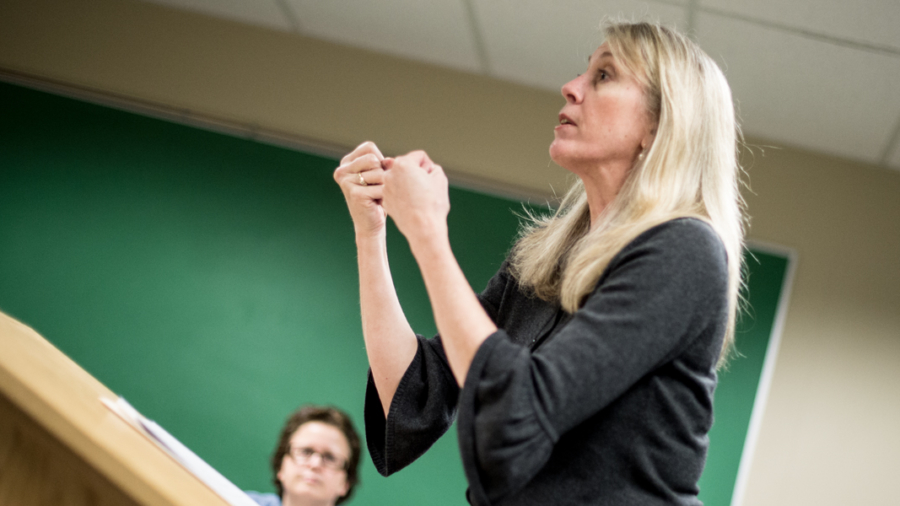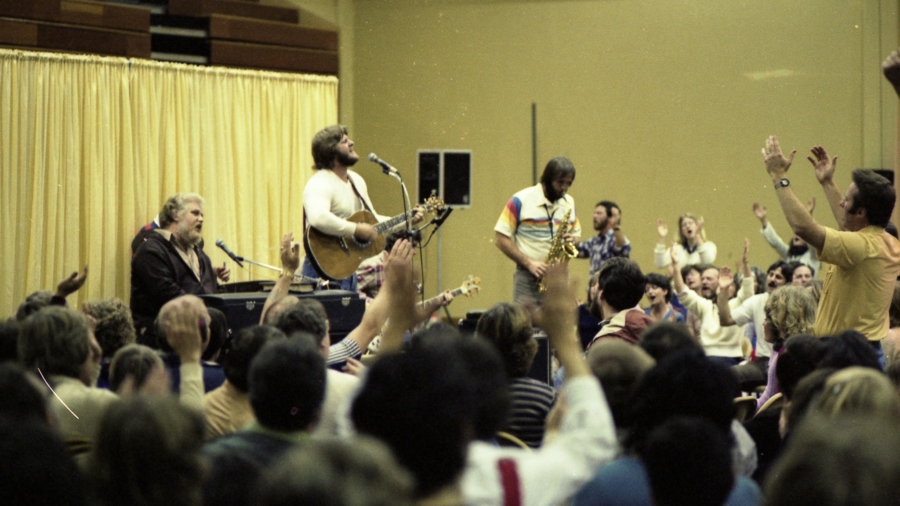The following is a project based on the study of Romans 12-16 under Scot McKnight. Over three years, we are “reading Romans backward” with Scot, and in this first attempt, I discovered that the occasion and impetus for Paul’s greatest work—indeed the most important Christian theology ever written—was what we today call racism. Prejudice plus power at work exluding Gentiles from Jews was the greatest personal conflict, theological crisis, and existential threat faced in the first century church. And so perhaps it is today, in 2017, in Trump’s America.
Context matters. Depending on the occasion, the simple announcement “we’re having a baby” might be met with instant ecstasy or certain panic. This truism might go without saying in the realm of everyday life, but such is not true in the world of Biblical scholarship. For far too long Paul’s letter to the Romans has been read as a timeless theological treatise, a book of abstract doctrine that could have easily been addressed to Americans, Romans, or Asians—the context mattered little. In recent years, the consensus around many Pauline doctrines has been shaken, from justification to salvation to engagement in politics. (Responses have varied from ecstasy to panic.) In the following overview, we will explore how reading Romans 12 through 16 for context illuminates a world so colorful and complex that it demands a re-examination of the entire letter.



